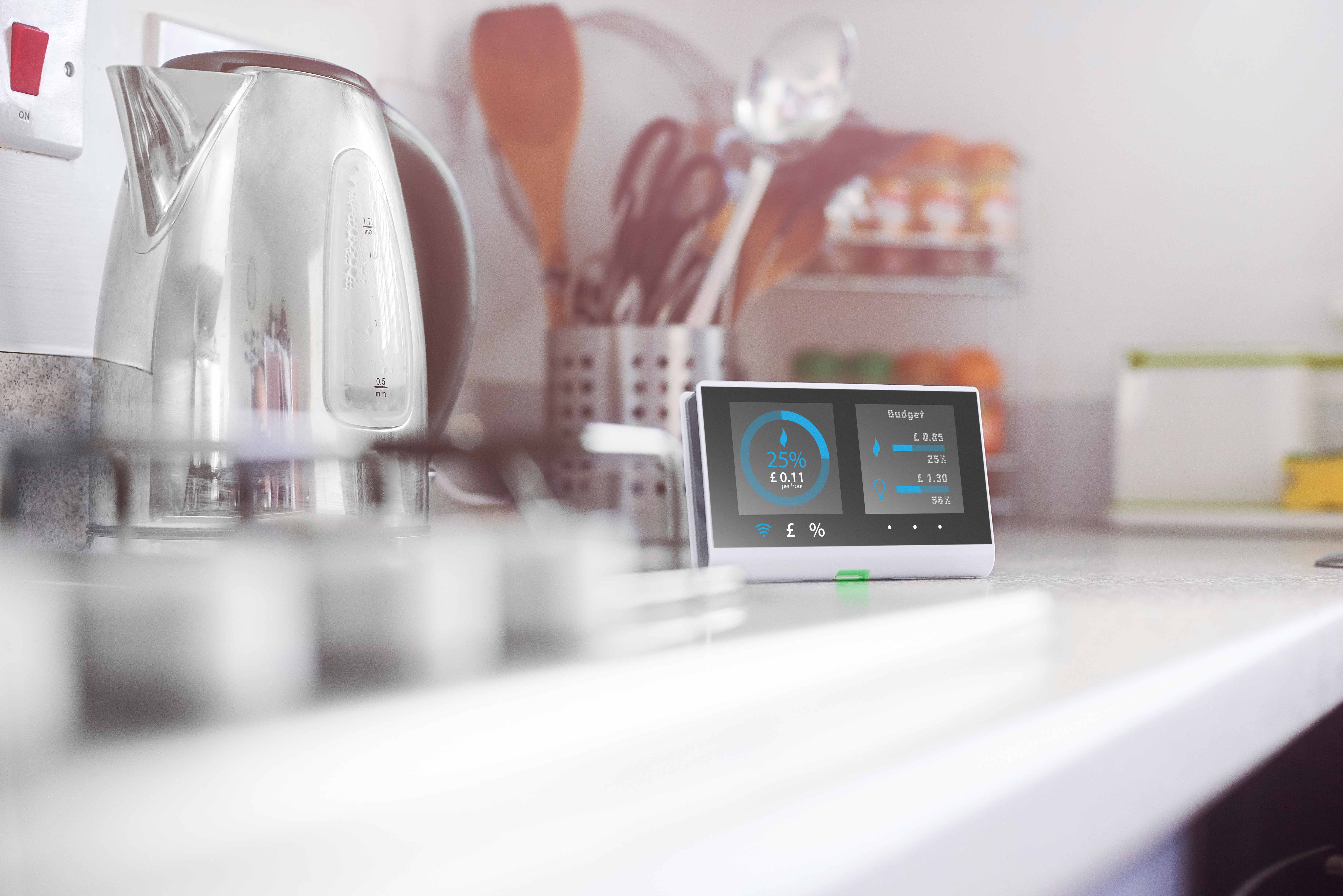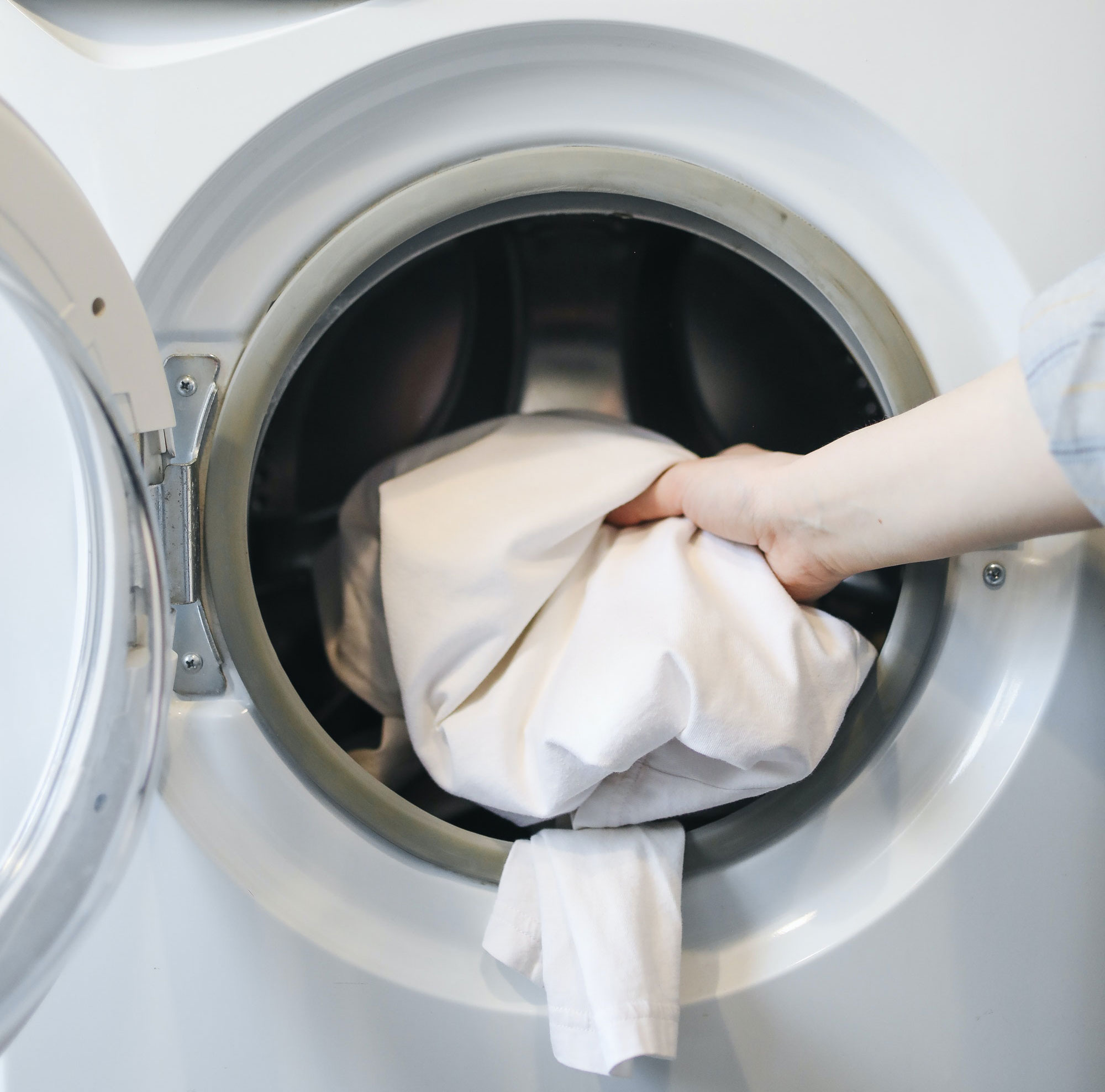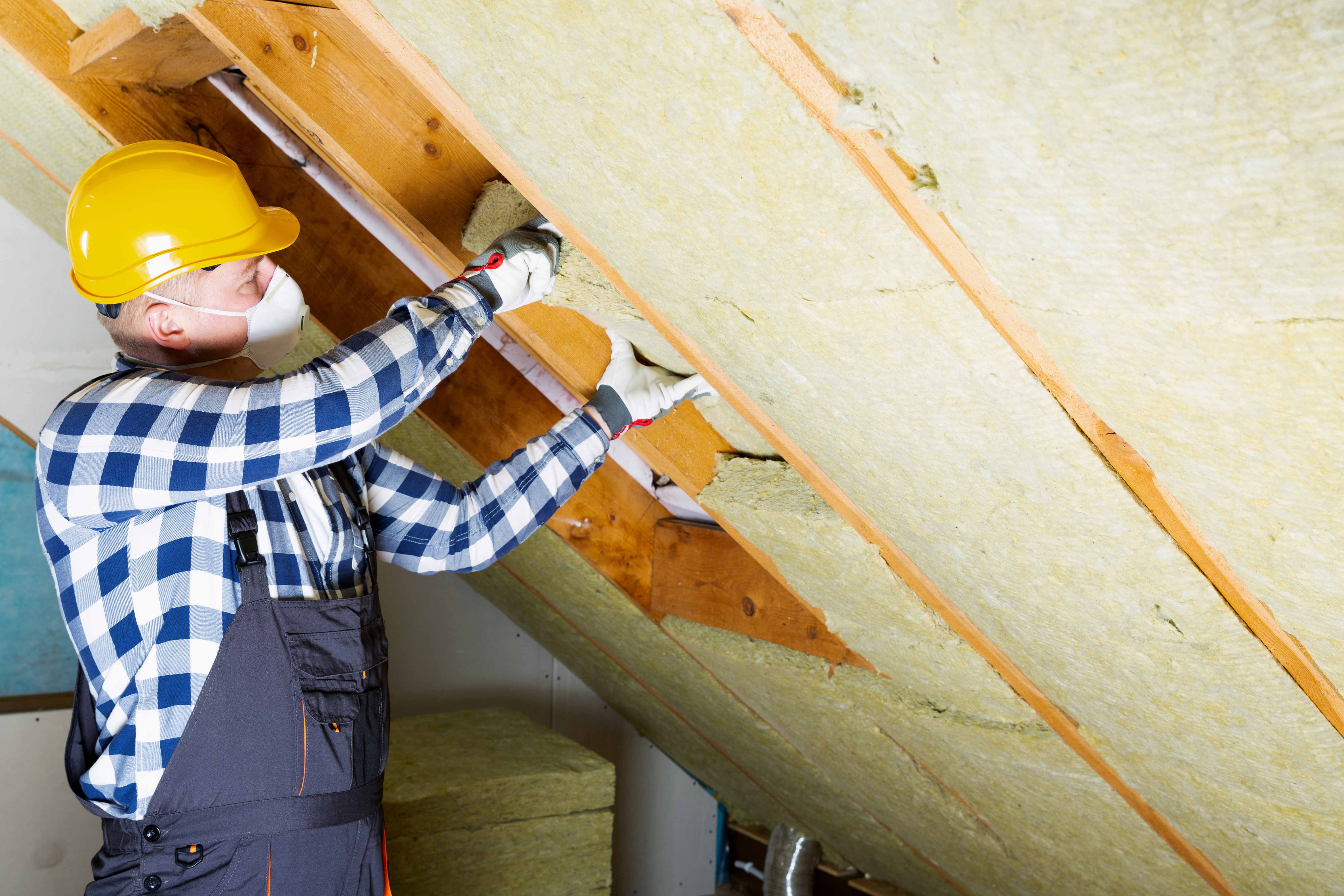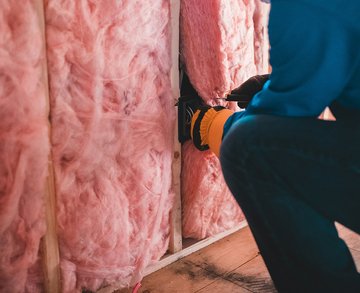With energy bills rising, simple changes to your daily habits can have a huge impact on the amount of energy you’re using at home.
Top Tips to Manage your Energy Usage
Use a smart meter to monitor your energy use
Check your gas and electricity meters monthly to be sure you’re only paying for the energy that you’re using. Or if you can, consider getting a smart meter fitted for effortless accurate readings.

Use smart thermostats
Smart thermostats, such as Nest and Hive, give you maximum flexibility when it comes to managing your heating. Control your heating from your phone when you’re not home.
Use a smart power strip
A smart power strip is a great way save energy, as you can choose what you want to keep on or turn off at any given time. That means you can easily prioritise which devices you do and don’t want to leave on standby. Smart lights can also be programmed to switch off at particular times or when you leave the house, saving you money.
Avoid peak times
The cost of electricity varies depending on the time of day. Generally speaking, 10 p.m. to 7 a.m. is downtime, where your electricity usage will cost the least. This is the best time to turn on your washing machine or dishwasher if you're looking to save a few pounds.
If you can, try to avoid turning on wasteful electrical appliances between 1 p.m. and 8 p.m. where electricity costs are the highest.
Heating
Turn down the thermostat
The Energy Saving Trust suggests that turning down your thermostat by just one degree could save around £55 per year. Rather than heating your whole house, save on your energy bills by simply turning the valves off in rooms that aren’t being used.
Bleed your radiators
If you’ve got gas central heating with radiators, you’ll need to bleed them every so often to keep them running effectively. If you’ve got air in the system, it can stop hot water circulating efficiently. It’s a good idea to do it at least once a year and ideally before you switch on your heating for the winter.

Keep in the heat
Another way you can reduce the amount of energy you’re consuming is to reduce heat loss by using draft excluders in key draft areas. Front and back doors are the main contributors to heat loss throughout the home, but heat rises so using a draft excluder upstairs can help to keep your bedrooms warm and cosy, saving you money on heating through the night.
Lighting
Swap to energy-saving bulbs
Both LEDs and CFLs bulbs are more efficient than halogen lights. Replacing a halogen light bulb with an LED of the same brightness could save you up to £2 a year, depending on your tariff.
You might not want to replace all your bulbs at the same time, so start with swapping the bulbs in the rooms that you spend the most time in first.

Make the most of natural light
If you’re working from home, make the most of natural light in your home by setting up your office in the room that gets the most daylight. Open the blinds and curtains and let the natural light in.
It sounds simple, but turning off the light every time you leave a room is also an easy money saver.
Appliances
Use a laptop at home
Working from home has become the norm for a lot of people. Did you know, on average a laptop will use just 75 kWh per year, while a desktop can use up as much as 194kWh.
Optimise your streaming
Instead of streaming on your TV, consider watching shows on a more energy-efficient device like a laptop or tablet.
Turn down the brightness and volume of your device to save on power. Streaming at a lower resolution will also help.
Wash at 30c and then line dry
Today’s washing detergents are very effective at 30 degrees, so try washing laundry on a lower setting than normal. Wait until you have a full load too. Use an eco-wash setting if you can, as this will save on your bills in the long term.
Tumble dryers use up a lot of energy, so try to avoid them as much as you can and hang your washing outside to dry if you have a garden.

Optimise your fridge and freezer
If your fridge gets dusty it can struggle to function at full capacity, so be sure to dust the coils to optimise its performance.
Putting warm food in the freezer uses a lot of energy so always let your leftovers cool before you stash them away.
Boil water in a kettle
It might seem logical to boil water in the same pan you’re going to use for cooking. The average kettle is about 80% efficient, while boiling water on the stovetop is only 70%. Plus, the kettle is also a much quicker way to get your water bubbling.
Choose a shower instead of bath
According to the Energy Saving Trust, if everyone in a family of four swapped one bath a week for a five-minute shower, it could save up to £20 a year on their gas bill. Consider changing your shower head to an eco-version too. If you do, a family of four can save around £75 a year on gas (and £115 on water if they have a meter).
Replacing appliances
When it’s time to replace your household appliances, make sure you choose the most energy-efficient versions. Find out which appliances Compare The Market say are the most expensive to run.
Make long-term investments
It may be worth looking at more long-term energy-saving solutions as well. For example, installing solar panels and re-insulating your home could be really cost-effective for you in the long run.






